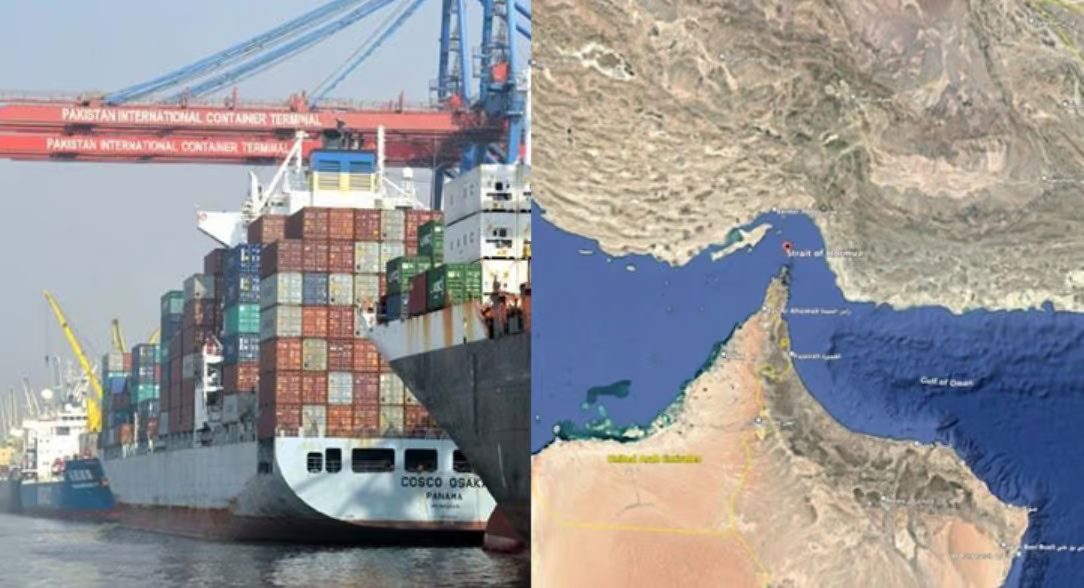US-Iran Conflict Triggers Global Oil Shock, Pakistan Braces for Impact
A major escalation in Middle East tensions has rocked global markets after the United States launched direct airstrikes on Iran’s nuclear facilities, prompting Tehran to threaten a complete shutdown of the Strait of Hormuz — the world’s most vital energy route.
US President Donald Trump confirmed that three key nuclear sites — Natanz, Fordow, and Esfahan — were hit, describing the strikes as a “spectacular military success.” This marks the first direct US military assault on Iran in decades.
In response, Brigadier General Alireza Tangsiri of the Islamic Revolutionary Guard Corps (IRGC) Navy warned that the Strait of Hormuz would be fully closed within hours. This strait is critical for global oil transportation, with nearly 20 million barrels of crude passing through daily. A closure would drastically reduce oil exports from key Gulf states like Saudi Arabia, Iraq, Kuwait, and the UAE.
Although some alternative pipelines exist, they can only carry a little over 2.5 million barrels per day — far below what is needed to avoid major disruptions. Additionally, Qatar’s LNG exports — vital for energy needs in Europe and Asia — would also be restricted.
READ MORE:
Has Allama Shahenshah Hussain Naqvi Been Detained Ahead of Muharram?
Global energy markets reacted immediately. Brent crude prices surged above $90 per barrel, while West Texas Intermediate (WTI) exceeded $87 per barrel.
Impact on Pakistan
As a major energy-importing nation, Pakistan is highly vulnerable to such shocks. The country heavily relies on imported crude oil and LNG, and a prolonged closure of the Strait of Hormuz could significantly destabilize energy supplies and prices.
The sharp increase in oil prices could further weaken Pakistan’s already fragile external account, increase inflation, and intensify pressure on the Pakistani rupee. Electricity generation costs would climb, transport fares could spike, and food prices may rise due to higher logistical expenses.
Energy analysts in Islamabad caution that if the situation continues, Pakistan may be forced to dip into emergency reserves or secure alternative supplies at elevated costs. This would further complicate fiscal management, especially amid ongoing talks with the IMF.




